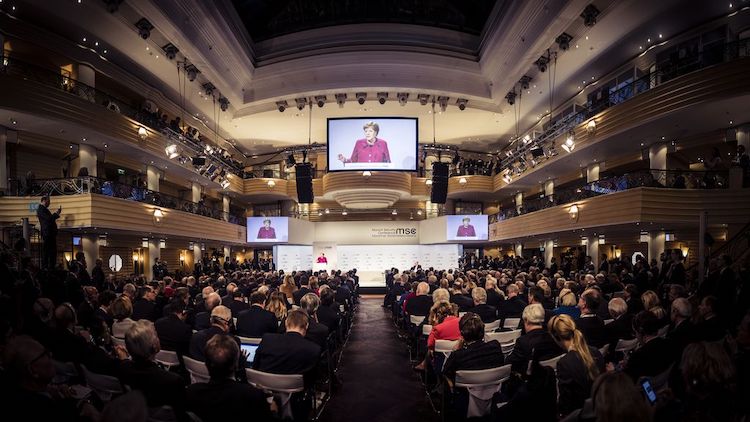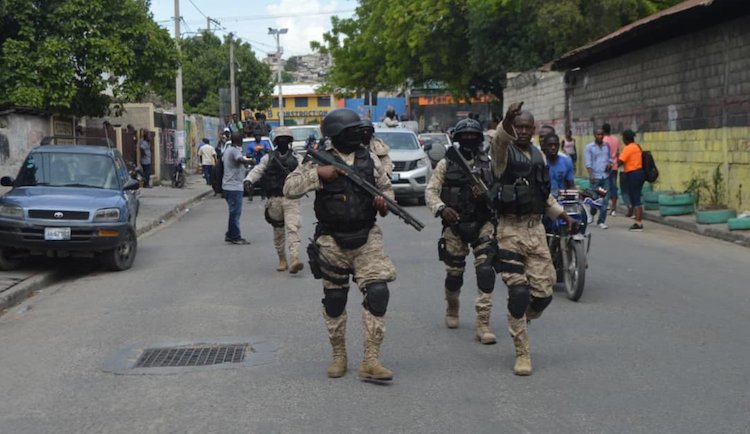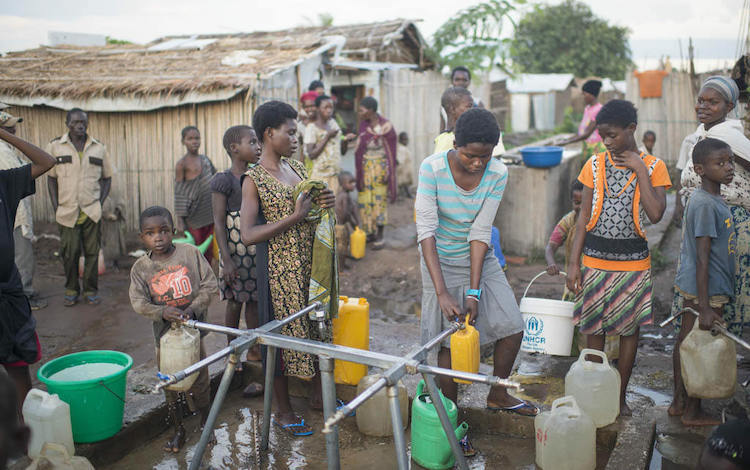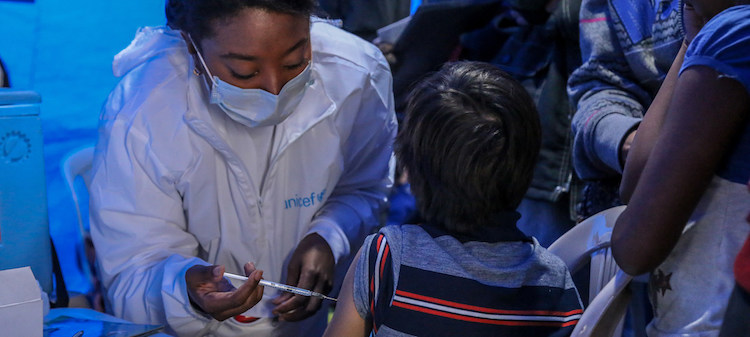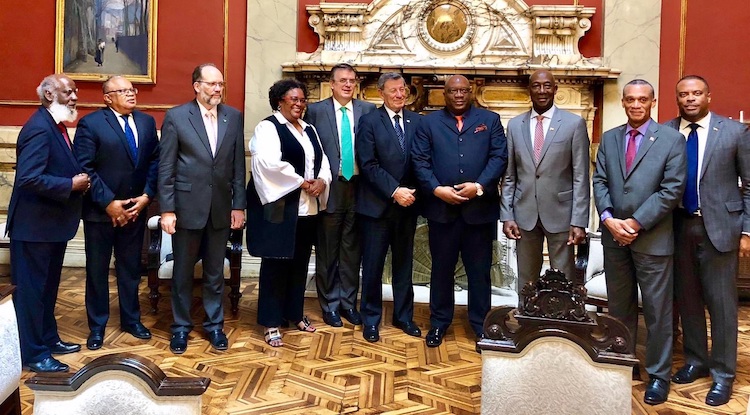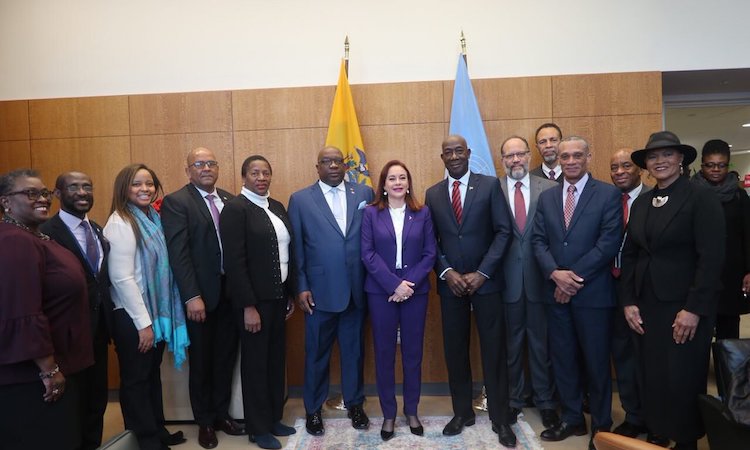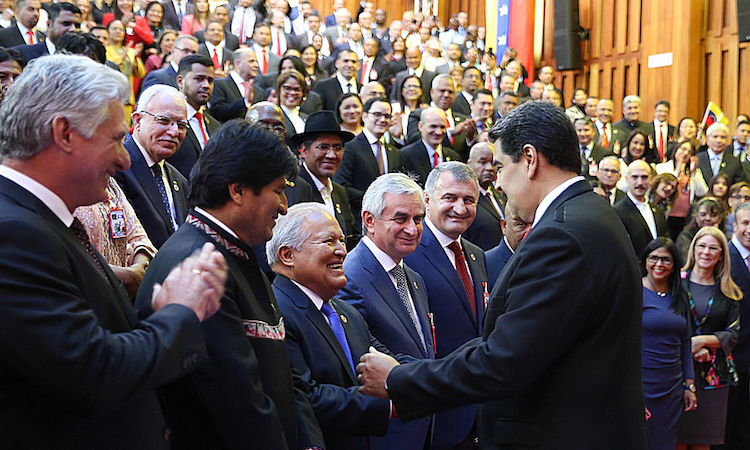By Somar Wijayadasa* NEW YORK | MUNICH (IDN) – “The whole liberal world order appears to be falling apart – nothing is as it once was,” said Wolfgang Ischinger, a senior German diplomat in an opinion article in the run-up to the 2019 Munich Security Conference (MSC) that he chairs. He added: “When Vladimir Putin […]
U.S. and Canadian Baby Boomers Retiring to Mexico
By Bill Dahl* REDMOND, Oregon, USA (IDN) – The term boomerang is considered a noun and a verb. As a noun, it is defined as a curved flat piece of wood that can be thrown so as to return to the thrower, traditionally used by Australian Aborigines as a hunting weapon. As a verb, boomerang […]
Haiti Unrest Beginning to Take A Humanitarian Toll
By Lisa Vives, Global Information Network NEW YORK (IDN) – Demonstrators have been filling the streets of downtown Port-au- Prince in Haiti, as anger and frustration over government mismanagement and corruption boils over. Protestors are now demanding the resignation of President Jovenel Moise. Hundreds gathered in downtown Port-au-Prince a few days ago to demonstrate against […]
A Safer, More Secure Europe Starts Way Beyond the Continent
By Dimitris Avramopoulos The following are extensive excerpts from keynote speech by the European Commissioner for Migration, Home Affairs and Citizenship, Dimitris Avramopoulos, on Europe’s response to the challenges of migration and security at the London School of Economics on 23 January 2019. BRUSSELS (IDN-INPS) – In the year 2015, Europe was confronted with a […]
UN Committed to Providing Humanitarian Aid to Venezuelans
By J Nastranis NEW YORK (IDN) – In view of the increasingly critical situation for ordinary Venezuelans, the United Nations remains committed to providing humanitarian support, based on “need, and need alone”, according to a senior aid official. But the oil-rich country is not only suffering from food and medical shortages. The Inter-Parliamentary Union (IPU) […]
‘Montevideo Mechanism’ Seeks to Resolve Venezuela Crisis
By Rodrigo Pérez MONTEVIDEO (IDN) – The United Nations is willing to bring Venezuelan President Nicolas Maduro and opposition leader Juan Guaido together for “serious negotiations” at their request, UN Secretary-General António Guterres said during a press conference at the 32nd African Union summit on February 10 at Addis Ababa. Ethiopia. Earlier, the spokesman for […]
CARICOM Alerts UN As Situation Escalates In Venezuela
By J C Suresh TORONTO (IDN) – With the Venezuelan crisis worsening on its doorsteps, the 15-nation Caribbean Community (CARICOM) has been at pains to prevent the situation in the Bolivarian Republic taking a sharp turn for the worst. It has censured the Secretary General of the Organization of American States (OAS) Luis Leonardo Almagro […]
It’s Not Just About Overthrowing Maduro In Venezuela
Viewpoint by Kalinga Seneviratne SINGAPORE (IDN) – The ‘Washington Consensus’ on democracy today is not about respecting peoples’ right to elect their leaders by popular vote, but how to buy these votes to promote U.S. business interests. Thus, the ongoing campaign to bring “regime change” in Venezuela is not about overthrowing Venezuelan President Nicolas Madura, […]
Year of The Youth 2019 Stirs Up Kazakhs
By Radwan Jakeem NEW YORK | ASTANA (IDN) – “Today, there are about 300 million young people aged 18 to 30 years in the world who do not have a permanent job or are unemployed,” said Kazakh President Nursultan Nazarbayev officially launching in Astana, the capital city, ‘2019 the Year of the Youth’ that focuses […]
Independent Election Monitors Could Have Averted Current Crisis in Venezuela
Viewpoint by Rene Wadlow The writer is President of the Association of World Citizens and its Representative to the United Nations, Geneva. GENEVA (IDN) – The social, economic, and political situation in Venezuela grows more tense and complex by the day. On January 27, Pope Francis speaking from Panama said. “Faced with the grave situation it […]

